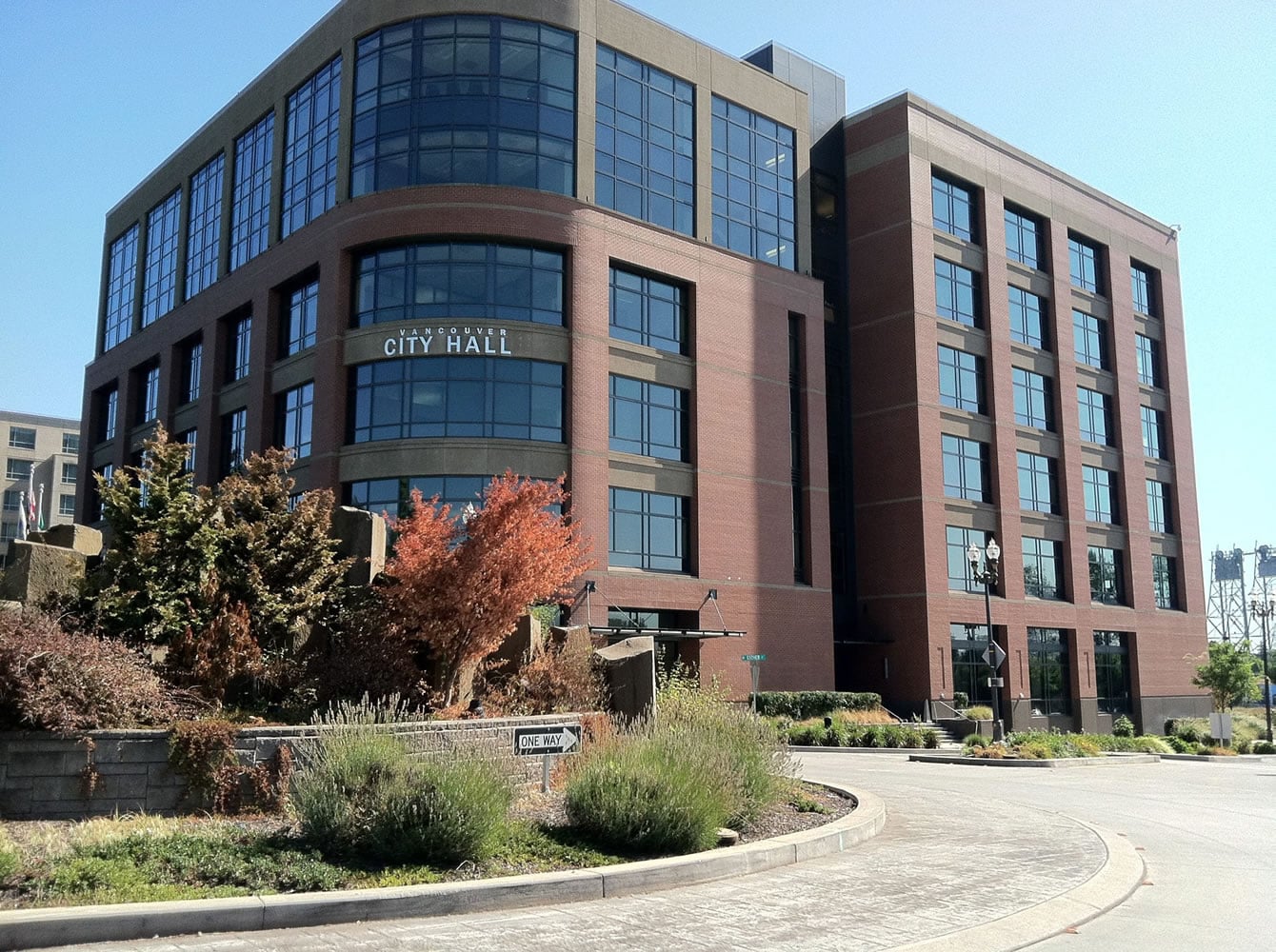They told stories of living on disability payments, the futile search for cheaper housing and being forced to move when rents soared.
They talked of being evicted without cause and having nowhere to go, of living in cars and staying in shelters.
More than a dozen people Monday pleaded with the Vancouver City Council to put a proposed affordable housing levy on the ballot to ease the suffering of the city’s lowest-income residents struggling to maintain or obtain housing.
Peggy Fisher, 69, told the council she had to find another apartment when the landlord raised the rent $100 a month. Her new place has ants, mold and little insulation. All the senior federally subsidized waiting lists are closed, said Fisher, whose income is $1,050 a month.
Informational sessions
The city of Vancouver is holding a series of informational sessions about the proposed affordable housing levy on the following dates:
• 11 a.m. to 1 p.m. Friday, Firstenburg Community Center’s Resource Room, 700 N.E. 136th Ave., Vancouver.
• 4 to 6 p.m. May 18, Vancouver Community Library’s Columbia Room, 901 C St., Vancouver.
• 4 to 6 p.m. May 25, Firstenburg Community Center’s Resource Room, 700 N.E. 136th Ave., Vancouver.
• 7 to 8:30 p.m. June 2, Vancouver City Hall’s Aspen Room, 415 W. Sixth St., Vancouver.
“I am the tip of the iceberg,” Fisher said. “There are many, many more seniors and boomers in a similar situation who have no savings because they’ve had to spend their savings to live.”
The city council, which declared an affordable housing emergency April 11, is expected to make a decision June 20 on whether to place the affordable housing levy on November’s ballot. The council will review a draft ballot resolution at its June 13 workshop.
If the levy passes, it would go into effect Jan. 1, and funding would begin to be available next summer.
At a rate of 36 cents per $1,000 of assessed value, the proposed levy would generate $6 million per year for seven years. It would cost the owner of a $250,000 home an extra $7.50 a month, or $90 a year. The city would collect the money and distribute it through a public process to developers, property owners and housing and service providers.
The revenue would be put into a fund for the buying, building and preservation of low-income rental housing and homelessness prevention in the form of rental assistance and housing services. All of the money generated — $42 million over the seven-year life of the levy — would be used to support families earning a maximum of 50 percent of the area’s median income, which is $33,750 a year for a family of four. In Vancouver, 13,855 rental households fall into that category.
A new Bring Vancouver Home campaign is advocating for passage of the levy with the message, “ensure everyone in Vancouver has the opportunity to live in a safe, secure and healthy affordable home.”
Some people, however, such as Vancouver property manager Blain Cowley, are concerned about the levy’s impacts on landlords.
“More taxes are going to mean higher rents,” he said. “At some point, I have to raise the rent to cover those costs or I’m not going to be in business.”
“This cannot operate in a vacuum,” said Vancouver resident Heidi Owens, asking what would happen in January to the people already living on the edge who see their rents increased.
The council must address a mix of solutions “so voters know this is more than them being asked to pony up,” Owens said.
Earlier, at Monday’s city council workshop, Mayor Tim Leavitt asked whether the housing program was designed to provide for one individual or family indefinitely.
“How are we getting them out of these circumstances?” he asked.
Peggy Sheehan, community and economic development program manager, said some of the tax revenue would go toward case management that provides job training, how to write résumés and basic job skills.
Under one aspect of the program, property owners would be paid $50,000 per unit of affordable housing that they dedicate to be available for 20 years. As people’s income rises, their rent would go up until hitting the market rate. Once off the subsidy, the clients could continue living in the unit, but the property owner would have to open up another low-income unit, Sheehan said.
To contribute or learn more about the Bring Vancouver Home levy campaign, visit BringVancouverHome.com or visit its Facebook page, Bring Vancouver Home. The campaign is headquartered at 1401 C St., Vancouver, WA 98660.




